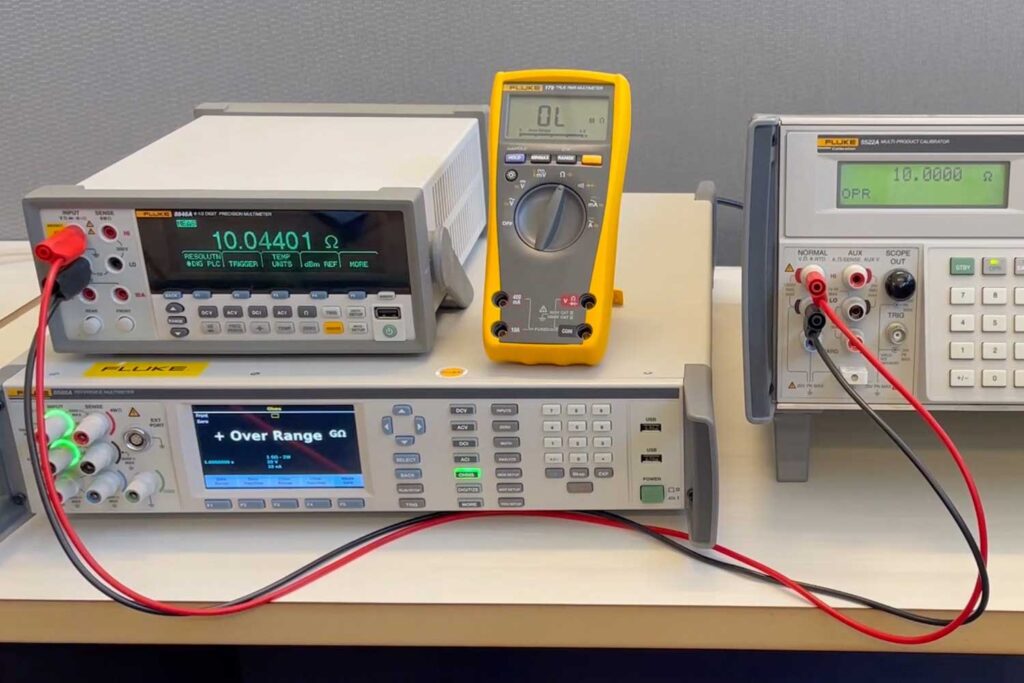
Electrical calibration
Electrical calibration is the process of verifying and adjusting, if necessary, the accuracy and precision of electrical measurement instruments and equipment. These instruments are used to assess various electrical parameters such as voltage, current, resistance, capacitance, inductance, frequency, and power.
Electrical calibration is crucial in various industries, including electronics manufacturing, power generation and distribution, telecommunications, and research and development, to ensure accurate and reliable electrical measurements.
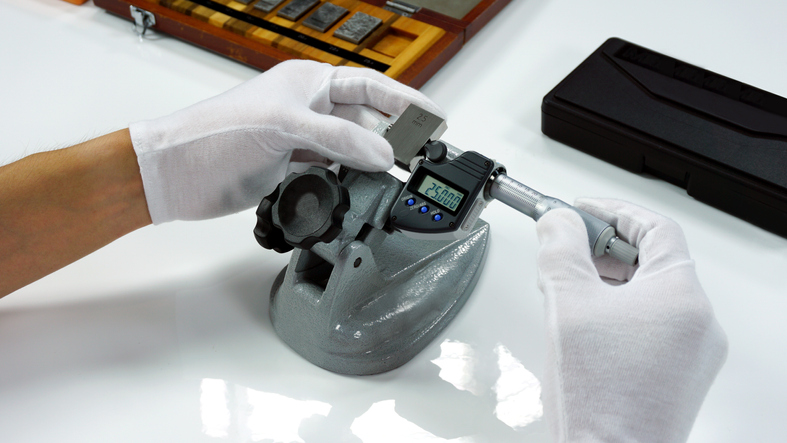
Mechanical calibration
Mechanical calibration is the process of verifying and adjusting, if necessary, the accuracy and precision of mechanical measuring instruments, tools, and devices. These instruments are used to assess various mechanical parameters such as length, force, pressure, torque, and vibration.
Mechanical calibration is crucial in industries such as manufacturing, construction, automotive, aerospace, and quality control to ensure that products meet specified tolerances and standards.
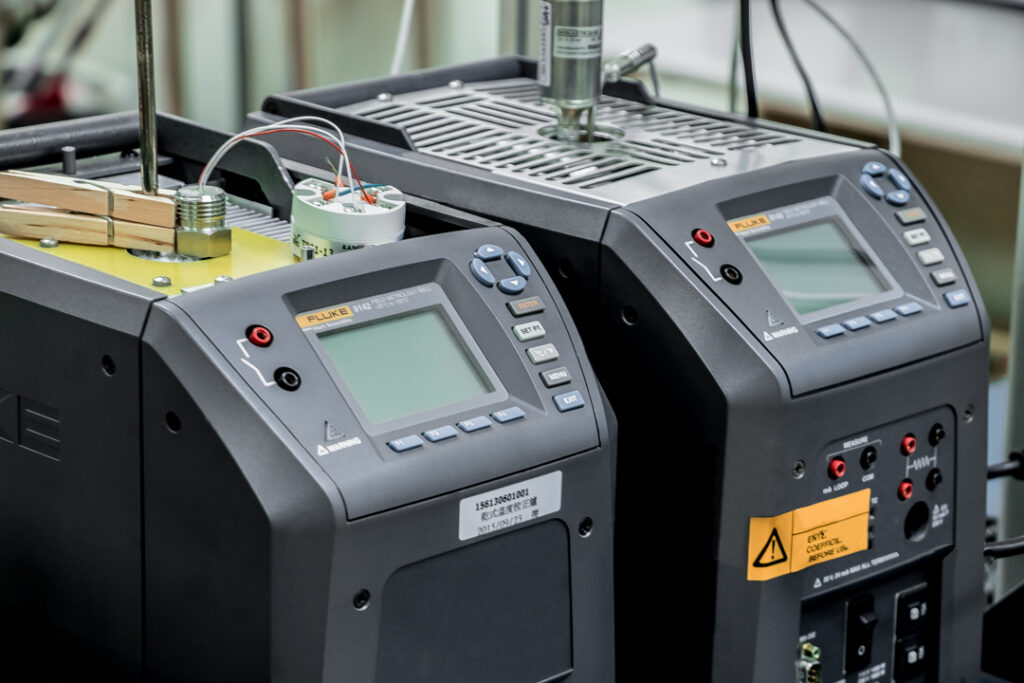
Thermal calibration
Thermal calibration is the process of verifying and adjusting, if necessary, the accuracy and precision of thermal measurement instruments and equipment, such as temperature sensors, thermocouples, resistance temperature detectors (RTDs), and infrared thermometers.
Accurate thermal measurements are crucial in a wide range of industries, including manufacturing, healthcare, food processing, environmental monitoring, and scientific research. Thermal calibration ensures that these instruments provide reliable and precise temperature readings.

Mass, Dimension & Torque
Mass calibration is the process of verifying and adjusting, if necessary, the accuracy of mass measurement instruments and equipment, such as weighing scales, balances, and mass standards.
Dimensional calibration, also known as metrology or dimensional metrology, is the process of verifying and ensuring the accuracy and precision of measuring instruments and tools used to assess physical dimensions such as length, width, height, and other geometrical parameters.
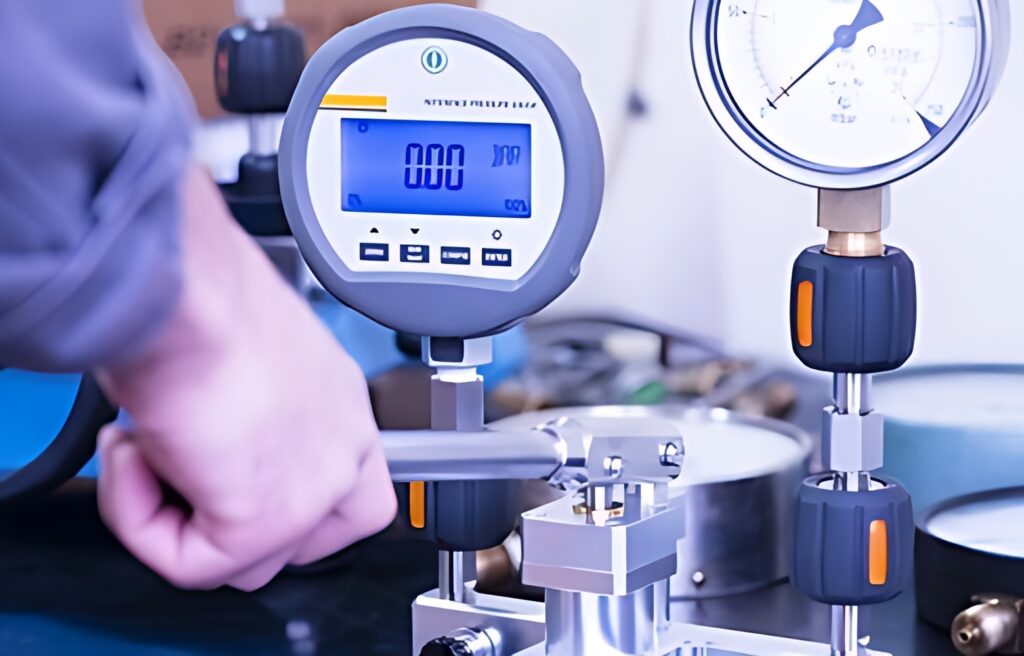
Pressure calibration
Pressure calibration is the process of verifying and adjusting, if necessary, the accuracy of pressure measurement instruments and devices, such as pressure gauges, transmitters, sensors, and pressure controllers.
Accurate pressure measurements are critical in a wide range of applications, including industrial processes, laboratory experiments, quality control, and safety systems. Pressure calibration helps ensure that these instruments provide reliable and precise readings.
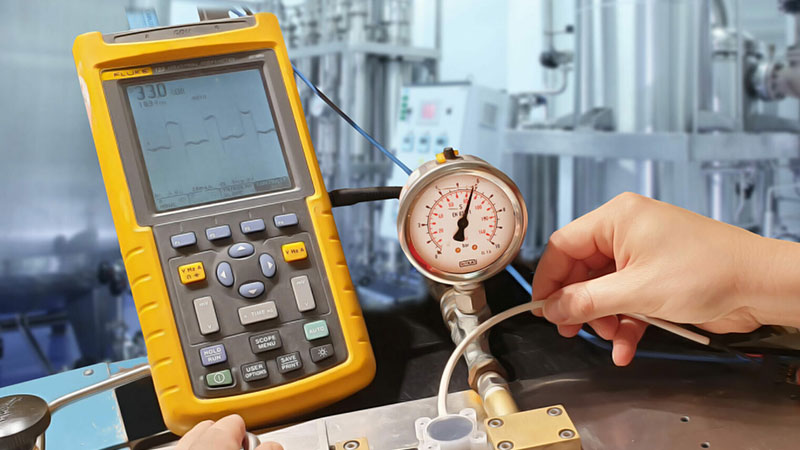
Flow calibration
Flow calibration is a process used to ensure that a flow measurement device or instrument provides accurate and precise measurements of fluid flow rates.
This is important in various industries, including manufacturing, chemical processing, pharmaceuticals, and environmental monitoring, where precise control and measurement of fluid flow are essential.
What Clients Say
“I can’t thank SKYTECH LABS Labs enough for their outstanding service. They went above and beyond to solve our challenges, and their support team is always there when we need them.”
Samrat – regular customer
“Choosing SKYTECH LABS was one of the best decisions I’ve made for my project. Their professionalism and dedication to delivering on time and on budget are second to none.”
Anurag – regular customer
“The customer support team at SKYTECH LABS is exceptional. They are always responsive, friendly, and ready to assist with any questions or issues.”
Vishank – regular customer
